Recognizing the emotional stages of addiction recovery
Navigating the Emotional Landscape of Addiction Recovery
Understanding Emotional Progression in Overcoming Addiction
Recovery from addiction is a complex journey marked by diverse emotional and psychological stages. Recognizing these phases can empower individuals and their support networks to navigate challenges more effectively, reduce the risk of relapse, and foster long-term sobriety. This article explores the emotional stages of addiction recovery, identifying key signs, triggers, and supportive strategies essential to the healing process.
The Initial Phase: Confronting Denial and Resistance
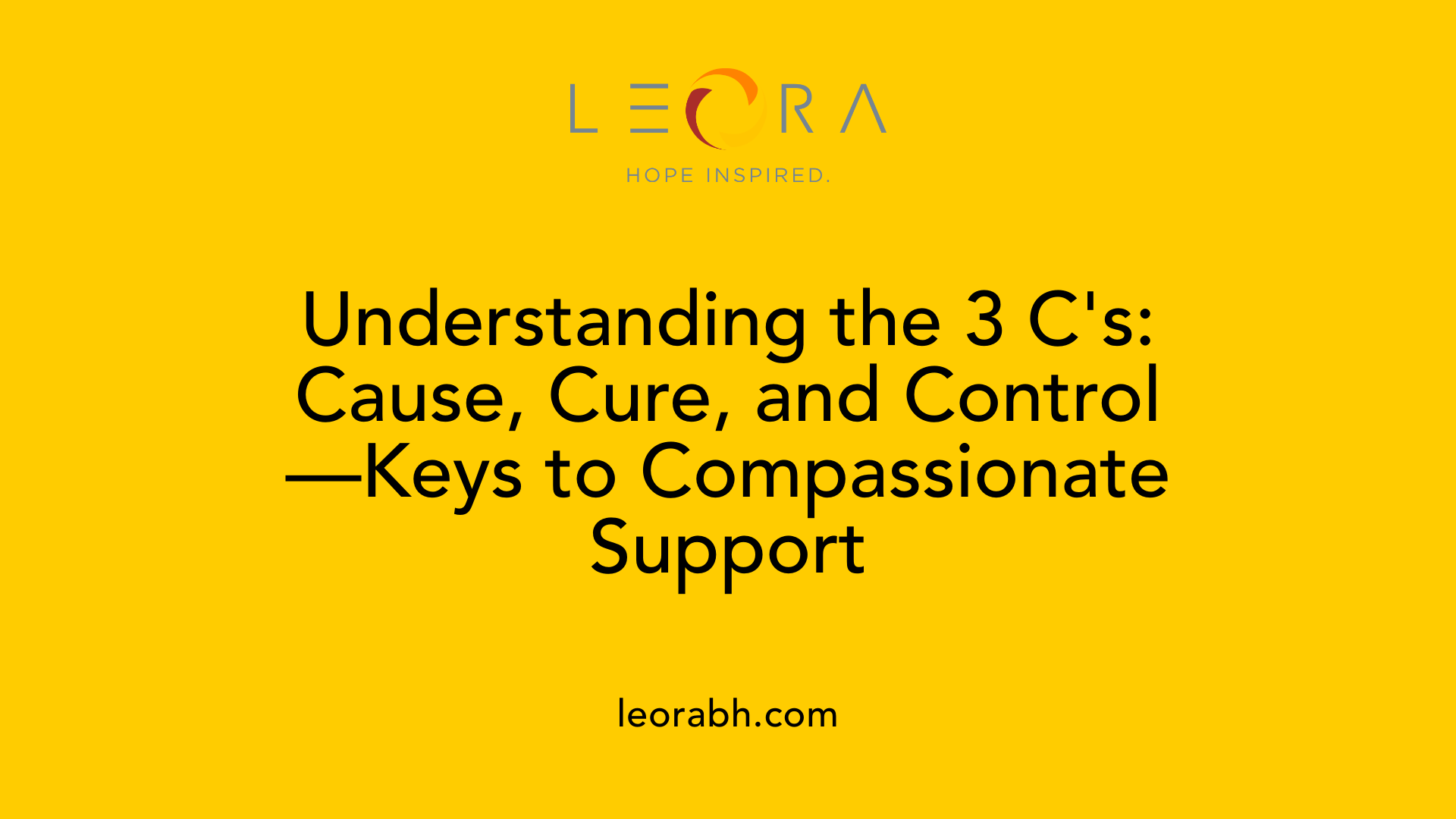
What are the three C's of dealing with an addict?
The three C's of dealing with an addict are: "I didn't cause it," "I can't cure it," and "I can't control it." These principles are essential for friends and family to understand. Addiction is a complex mental health condition influenced by genetics, environment, and personal history. It is not caused by a single fault or weakness, nor can loved ones simply cure or control the addicted individual's behavior.
Understanding these core ideas helps reduce feelings of guilt and frustration. It shifts the focus from blame to support, emphasizing that recovery requires professional treatment, therapies, and sometimes medication. Treatment centers often employ behavioral therapies, family involvement, and holistic approaches tailored to each person's needs. Recognizing the 3 C's fosters compassion and patience, essential in supporting someone through their recovery journey.
In the initial stages of addiction treatment, clients are often emotionally fragile and ambivalent about ending substance use. Many resist entering treatment altogether, driven by denial or fear of change. This resistance can be a natural defense mechanism against confronting painful truths or the uncertainty of recovery.
Group therapy plays a vital role here. It creates a safe environment where clients realize they are not alone in their struggles. Sharing experiences with peers helps break down denial and fosters a sense of universality—that others have faced similar challenges and are working toward change. This shared experience can ignite hope, encouraging clients to move past resistance.
Therapeutic factors such as hope and universality are especially important early in recovery. Hope instills confidence that a better future is possible, while realizing that others also face challenges helps combat feelings of isolation. Group leaders focus on establishing safety and trust, which are crucial for clients to open up and begin the emotional work essential for recovery.
By addressing denial, building hope, and fostering a sense of shared experience, early treatment sets the foundation for ongoing engagement and transformation. Support systems and professional therapies work together to guide clients through the delicate initial phase, helping them confront their issues with compassion and understanding.
This foundational stage underscores that overcoming denial and resistance is a process—one that benefits from tailored therapeutic strategies, empathetic leadership, and the recognition that recovery is possible with the right support.
The Middle Phase: Building Stability and Self-Knowledge
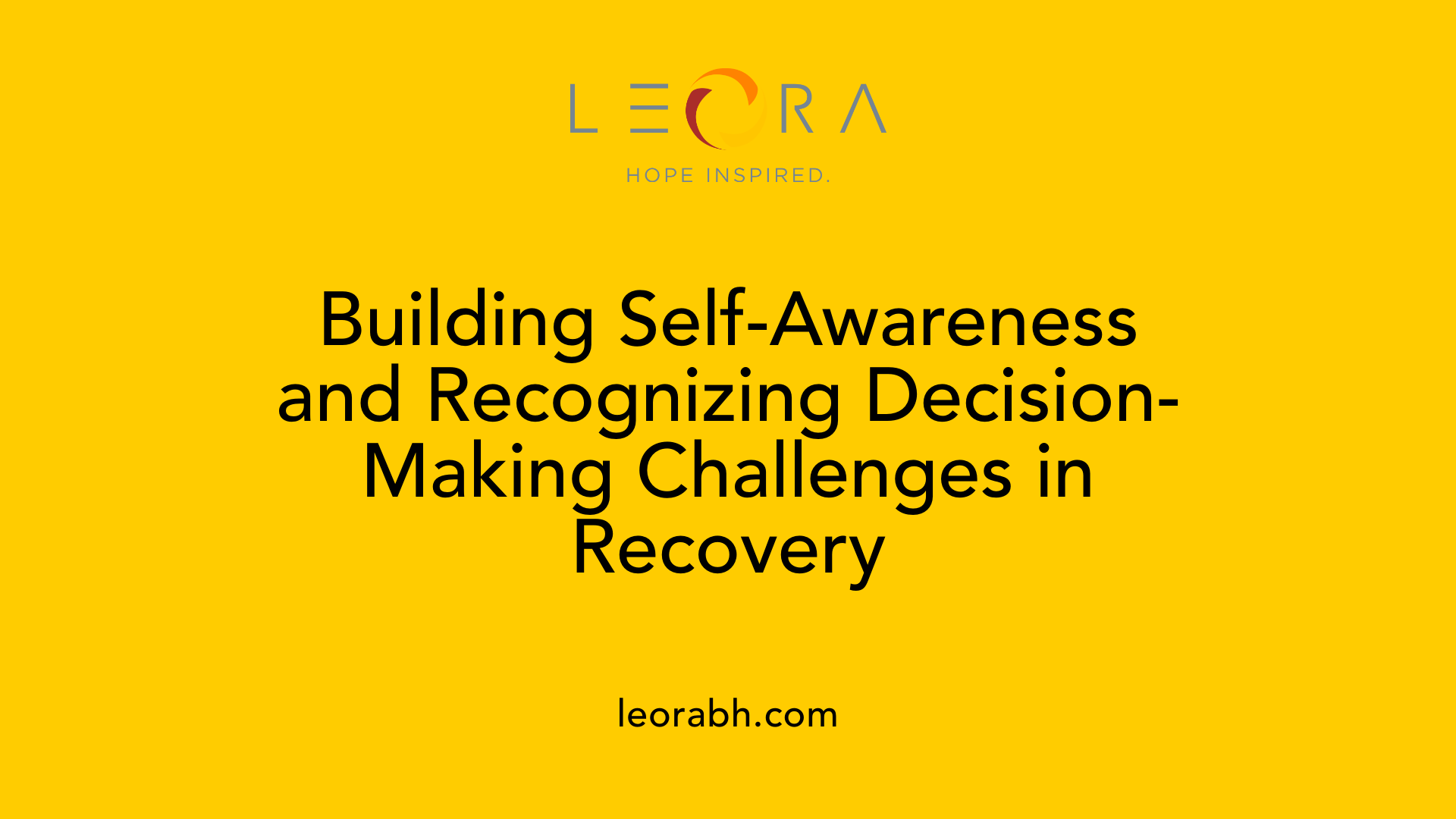
What are the five stages of addiction recovery?
The five stages of addiction recovery are generally considered to be Pre-Contemplation, Contemplation, Preparation, Action, and Maintenance. In the Pre-Contemplation stage, individuals may not recognize they have a problem, often resisting change and justifying their behavior. As they move into Contemplation, they begin to acknowledge the negatives of substance use and start weighing the benefits and drawbacks of quitting, although ambivalence remains.
During Preparation, individuals start planning concrete steps towards sobriety, such as seeking therapy or making lifestyle adjustments. The Action stage involves actively engaging in treatment, attending therapy sessions, and working on behavioral changes. Once these changes are established, the focus shifts to Maintenance, where the goal is to sustain sobriety, manage cravings, and prevent relapse over the long term.
Support mechanisms like the Substance Abuse and Mental Health Services Administration’s (SAMHSA) National Helpline (1-800-662-HELP) can assist individuals at each phase by providing referrals, confidential support, and ongoing guidance throughout their recovery journey.
Stabilization of emotional states
In the middle stage of recovery, clients are often more emotionally stable compared to earlier phases. This stability is crucial for building resilience and maintaining progress. However, recovery is not linear, and emotional fluctuations can still occur. Feeling emotionally balanced helps clients better cope with stressors and reduces the likelihood of relapse triggered by overwhelming negative emotions.
Stabilization often results from gaining new coping skills, understanding how to manage emotional triggers, and gradually rebuilding a sense of normalcy. Therapists may employ techniques like cognitive-behavioral therapy (CBT) to help clients recognize and regulate emotional responses, fostering a calmer and more controlled outlook.
Impact of substance abuse on decision-making abilities
Substance abuse significantly impairs decision-making processes, particularly during the middle phase of recovery. Due to neurological effects of substances like opioids, alcohol, or stimulants, clients may find their judgment clouded, and impulse control weakened. This impairment increases vulnerability to risky situations, environmental cues, and emotional triggers that can lead to relapse.
As clients progress in treatment, part of their work involves understanding these decision-making deficits. Therapies focus on developing awareness of automatic responses, understanding the causality between substance use and difficulties faced, and practicing mindful decision-making. Strengthening these cognitive skills helps clients regain a sense of agency and.make more informed choices.
Focus on self-awareness, altruism, and understanding the root causes
During the middle stage of recovery, fostering self-awareness becomes central. Clients learn to identify their emotional states, recognize patterns of behavior linked to substance use, and understand the underlying causes of their addiction, such as trauma, mental health conditions, or social influences.
Encouraging altruism and community involvement can also enhance recovery. Helping others or participating in support groups can boost self-esteem and offer social reinforcement. Understanding the root causes of addiction enables more personalized and effective treatment plans, addressing not just the symptoms but also the foundational issues.
This phase is an opportunity for clients to deepen their self-knowledge, acknowledge vulnerabilities, and develop strategies for ongoing emotional regulation and threat management. The goal is to build a solid foundation for sustaining recovery, equipped with greater insight and compassion for oneself.
The Advanced Stage: Sustaining Recovery and Managing Deep Emotions
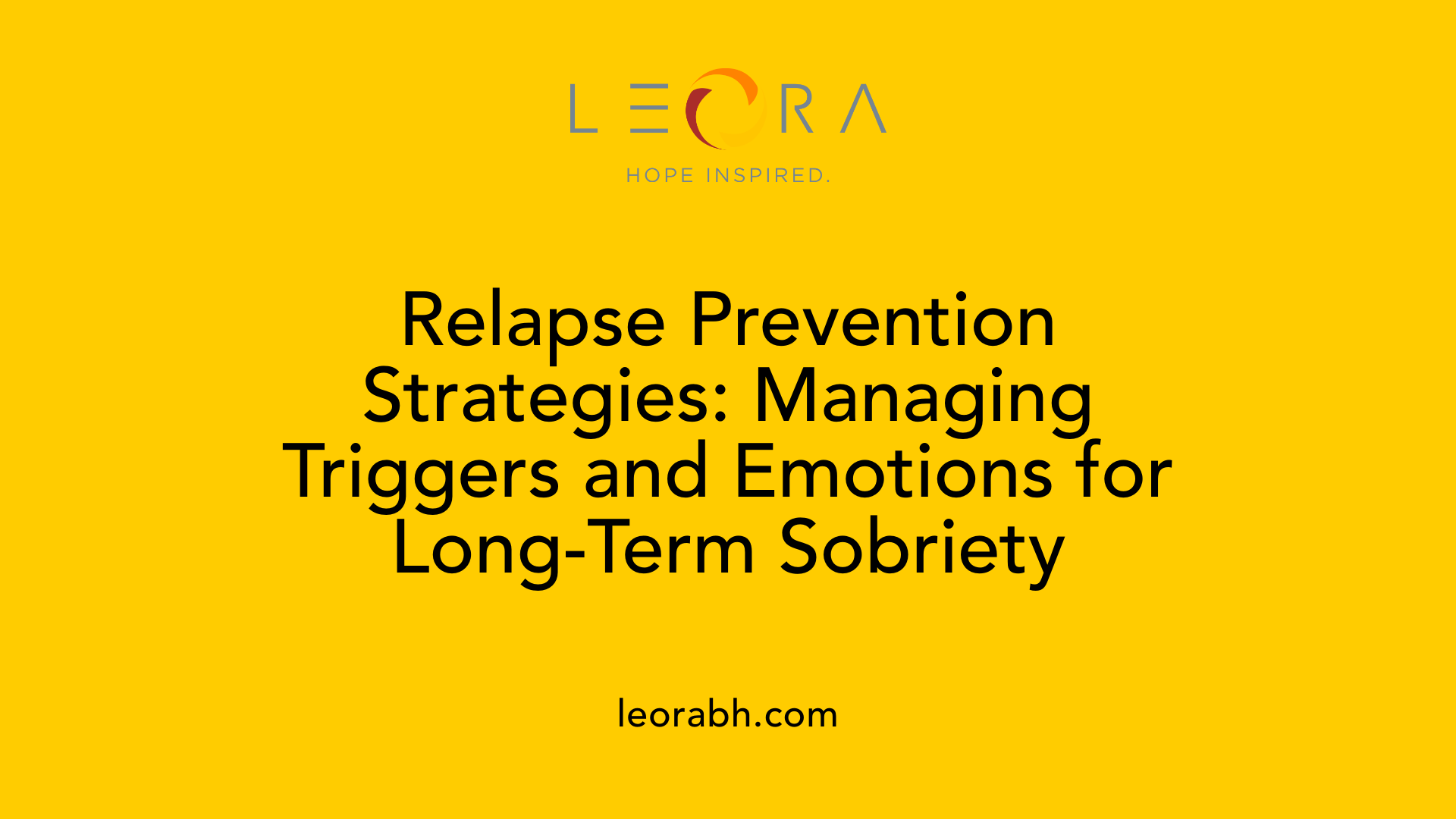
Strategies for relapse prevention
As individuals progress into the later stages of addiction recovery, maintaining sobriety becomes a primary focus. Effective relapse prevention strategies are vital to sustain long-term recovery and involve careful identification and management of triggers. Developing personalized coping mechanisms is essential, including mindfulness practices, stress management techniques, and ongoing participation in support groups such as 12-step programs. Cognitive-behavioral therapy (CBT) and dialectical behavior therapy (DBT) can further equip individuals with tools to handle cravings and emotional upheavals.
Creating a structured routine that includes healthy lifestyle habits — like proper nutrition, regular exercise, and sufficient sleep — reinforces resilience. Advancing emotional regulation skills helps reduce reactive behaviors, which are often linked to triggers. This may involve deep breathing, grounding exercises, and engaging in meaningful activities that foster a sense of purpose and connection.
Importance of emotional regulation and confronting existential issues
During this stage, individuals often face profound emotional and existential questions. Confronting these issues directly can foster growth and prevent feelings of stagnation. Emotional regulation plays a crucial role, involving the ability to recognize, understand, and manage intense feelings like sadness, anger, or anxiety.
Therapies such as Eye Movement Desensitization and Reprocessing (EMDR), trauma-focused counseling, and mindfulness meditation support emotional processing. Addressing underlying trauma and unresolved grief — which may include feelings of loss for the life prior to addiction — is often necessary for genuine healing.
Open discussions within individual therapy or support groups can help individuals articulate fears, doubts, and hopes. Facing existential questions about purpose, relationships, and mortality allows for rebuilding a resilient, authentic identity outside of substance use.
Building resilience and long-term habits
Long-term recovery demands the development of resilience — the capacity to bounce back from setbacks and weigh challenges with perspective. This involves cultivating a resilient mindset through ongoing self-care, routine adjustments, and continuous learning.
Resilience-building exercises include setting realistic goals, celebrating small wins, and practicing gratitude. Maintaining a strong social support network, including family, friends, and peer groups, provides emotional safety nets.
Establishing sustainable habits such as regular physical activity, mindfulness routines, and ongoing therapy sessions foster stability. Continuous engagement in meaningful activities — hobbies, work, volunteering — encourages positive self-identity and diminishes the risk of relapse.
Integrating these behaviors into daily life fortifies mental and emotional well-being and helps cultivate a future-oriented mindset focused on growth rather than fear of relapse.
The emotional stages of addiction recovery
The emotional journey of overcoming addiction aligns with the stages of grief, encapsulating denial, anger, bargaining, depression, and acceptance. Recognizing that these feelings are natural and part of the healing process can be profoundly reassuring.
Initially, denial and resistance are common as individuals confront their addiction. Supporting this phase involves providing gentle validation and motivational encouragement. As recovery advances, feelings of anger or frustration may surface, often linked to loss and self-judgment.
Bargaining can involve attempts to control or minimize the problem, which require redirecting focus toward full commitment to sobriety. Depression may set in as individuals face the emotional weight of change and loss.
Acceptance signifies a pivotal milestone where individuals acknowledge their condition without shame and commit to ongoing recovery efforts. Cultivating a positive outlook and embracing ongoing support systems can help sustain this acceptance.
Understanding these emotional stages facilitates compassionate support from therapists, families, and peers. Strategies like mindfulness, expressive therapies, and support groups help individuals process emotions constructively, reducing the risk of relapse and fostering long-term wellness.
The Role of Support Systems and Therapeutic Strategies
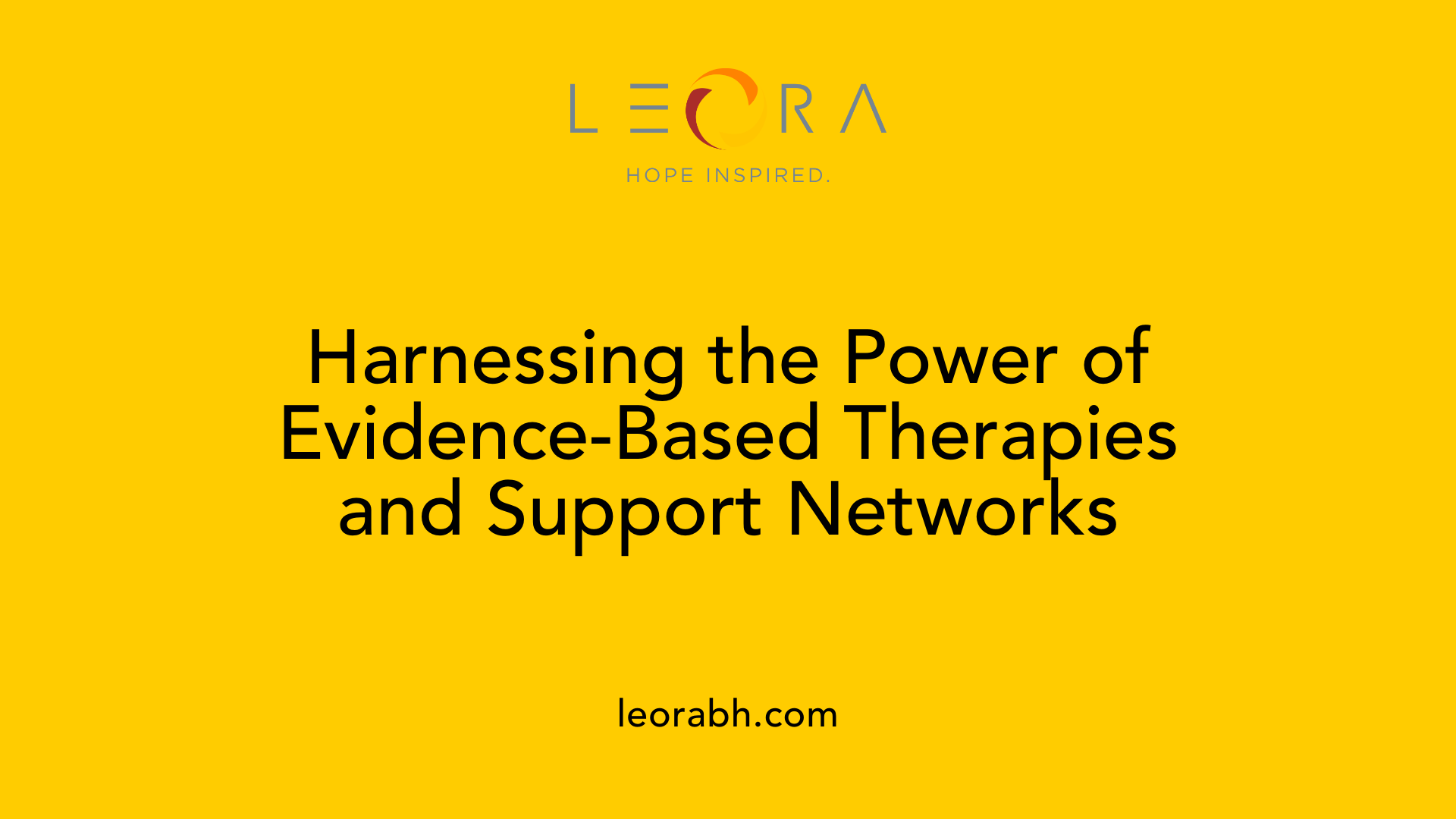
Importance of family, peer, and professional support
Support networks are vital for individuals navigating addiction recovery. Family members, friends, and peer support groups provide emotional encouragement, accountability, and a sense of belonging. Engaging loved ones in the recovery process can help rebuild trust, improve communication, and create a stable environment conducive to sobriety.
Professional support, such as therapists, counselors, and medical providers, offers specialized interventions tailored to each person’s needs. Family therapy, group therapy, and peer-led support groups like Alcoholics Anonymous (AA) or Narcotics Anonymous (NA) are commonly integrated to enhance motivation and resilience.
Research shows that active involvement of family and community reduces relapse rates and promotes sustained recovery. Structured support systems, including recovery community centers and coaching programs, serve as ongoing resources that motivate individuals and help them maintain healthy routines.
Use of evidence-based therapies (CBT, DBT, EMDR)
Effective treatment relies on therapies grounded in scientific evidence. Cognitive Behavioral Therapy (CBT) helps individuals identify and change thought patterns that lead to substance use. Dialectical Behavior Therapy (DBT) emphasizes emotional regulation, distress tolerance, and mindfulness, which are essential for managing triggers and cravings.
Eye Movement Desensitization and Reprocessing (EMDR) is particularly useful for addressing trauma-related issues that often underpin addiction. EMDR assists clients in processing traumatic memories safely, reducing their emotional impact and decreasing the likelihood of relapse.
Combining these therapies creates a comprehensive approach addressing both behavioral and emotional aspects of addiction. Tailoring therapy options to an individual’s unique psychological profile enhances treatment success.
Creating personalized relapse prevention plans
Developing a relapse prevention plan is fundamental in maintaining sobriety. Such plans include identifying personal triggers—both internal, like negative emotions, and external, like specific environments—and establishing coping strategies.
Practical elements of a plan often involve:
- Recognizing early signs of emotional or mental relapse
- Engaging in mindfulness exercises
- Utilizing support networks proactively
- Practicing stress reduction techniques such as deep breathing or physical activity
- Setting clear goals and routines
Effective plans are dynamic and incorporate ongoing therapy, support group participation, and lifestyle modifications. They also include emergency contacts and steps to take if cravings or triggers become overwhelming.
Incorporating evidence-based practices ensures that prevention efforts are rooted in proven methods, increasing the chances of long-term recovery. Tailoring plans to individual needs, preferences, and circumstances provides the most effective framework for enduring sobriety.
Recognizing Emotional Triggers and Preventing Relapse
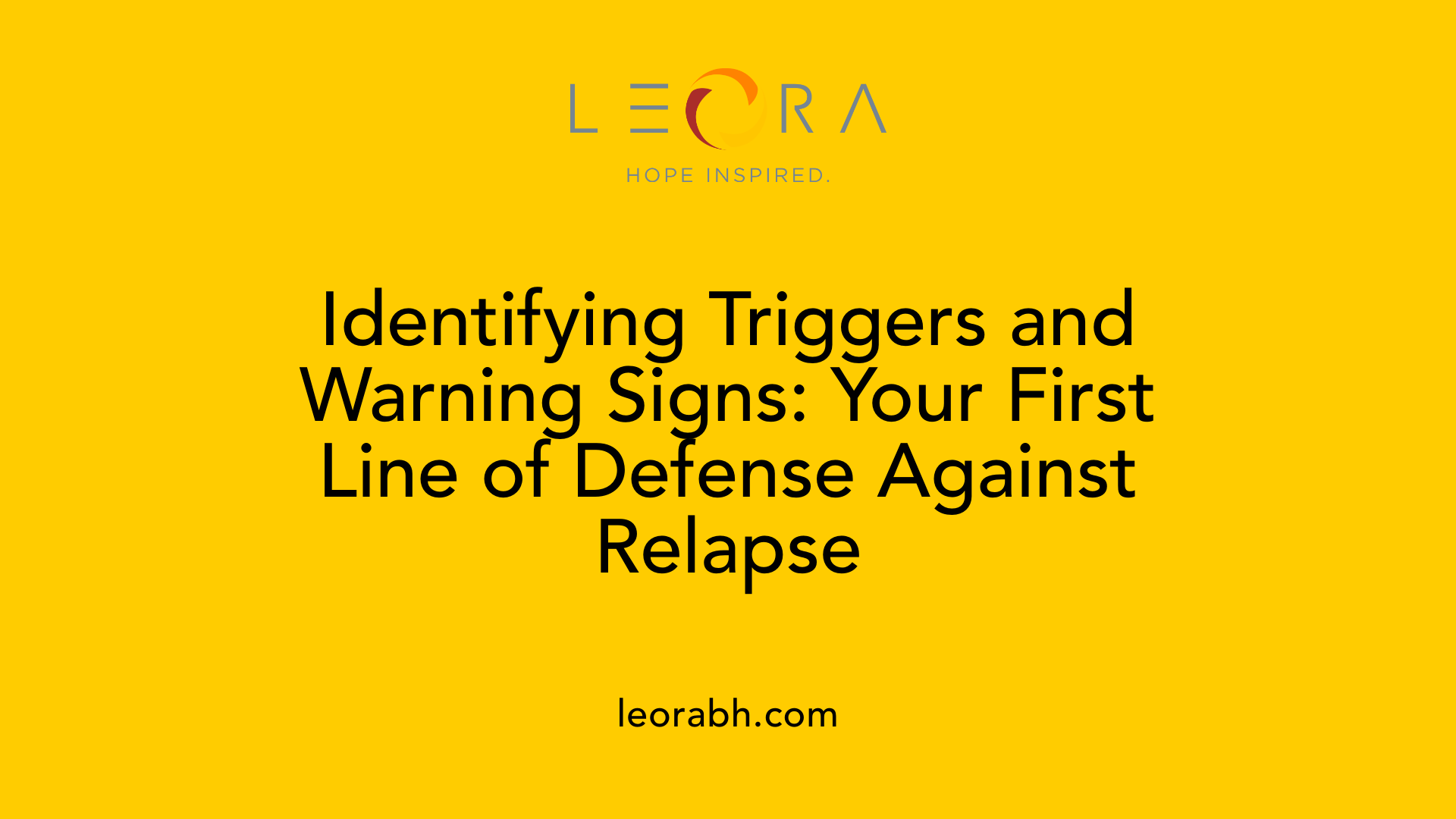
How can internal and external triggers be identified in addiction recovery?
In addiction recovery, the first step to preventing relapse is identifying what triggers the desire to use substances. External triggers are environmental cues like specific locations, people, or situations associated with past substance use. Recognizing these involves paying attention to where the feelings of cravings originate, such as visiting certain places or being around particular individuals.
Internal triggers are emotional or psychological states such as stress, anxiety, boredom, loneliness, or anger. These internal feelings can prompt craving and increase relapse risk. Self-awareness is crucial—by noticing body sensations, emotional reactions, and thoughts, individuals can pinpoint their personal triggers.
Building a trigger map creates a helpful visual or mental chart of the specific cues that lead to cravings, which forms the foundation for effective coping strategies.
What coping skills, such as mindfulness and relaxation techniques, are effective?
Effective management of triggers involves developing coping skills that promote emotional regulation and mental resilience. Mindfulness practices, including meditation and grounding exercises, help individuals stay present and reduce impulsivity.
Relaxation techniques like deep breathing, progressive muscle relaxation, and guided imagery can calm the nervous system during high-stress moments or emotional upheavals.
Incorporating activities like yoga, journaling, and engaging in hobbies that promote relaxation and enjoyment strengthens emotional stability. Cognitive-behavioral therapy (CBT) and dialectical behavior therapy (DBT) also equip individuals with skills to challenge distorted thoughts and manage feelings more effectively.
How can early warning signs of emotional and mental relapse be recognized?
Early warning signs of relapse often manifest as subtle behavioral and emotional shifts. For emotional relapse, indicators include mood swings, irritability, restless feelings, social withdrawal, neglecting self-care, and increased stress.
Mental relapse signals are more specific—thoughts about using substances, romanticizing past use, rationalizing behaviors, bargaining with oneself, and planning or lying about drug use.
Recognizing these signs requires ongoing self-monitoring and honest reflection. Awareness of feelings like hopelessness or lack of motivation is vital.
Interventions at this stage—such as consulting with a therapist, engaging in support groups, or practicing mindfulness—can help manage these signs. Developing personalized relapse prevention plans that include recognizing the first internal cues and implementing coping strategies is essential for sustained recovery.
What is the significance of the Three C's in dealing with addiction?
The three C's—"I didn't cause it," "I can't cure it," and "I can't control it"—serve as a guiding philosophy for friends and family supporting someone in recovery.
Understanding that addiction is a complex disease beyond personal fault reduces blame and guilt. Recognizing that professional treatment, therapy, and sometimes medication are necessary emphasizes the importance of external help.
Accepting these principles fosters compassion and patience, creating a supportive environment that encourages the individual to engage in recovery efforts.
How does knowledge of triggers and early warning signs contribute to relapse prevention?
Being well-informed about personal triggers and early warning signs enables individuals to act proactively. It allows for the development of personalized coping strategies, like avoiding certain environments, reaching out for support, or practicing mindfulness at the first hint of distress.
This awareness helps shorten the window between the initial impulse and potential relapse, increasing the chances of successfully managing cravings.
Moreover, understanding that relapse is often a gradual process—beginning with emotional and mental stages—empowers individuals to seek help early, rather than waiting until full-blown use occurs.
In sum, recognizing triggers and warning signs is central to creating resilient recovery routines, reducing relapse frequency, and fostering long-term sobriety.
The Psychological and Biological Aspects of Addiction and Recovery
What are the five stages of addiction recovery?
The journey through addiction recovery involves a series of emotional and behavioral transformations. These are often categorized into five main stages: Pre-Contemplation, Contemplation, Preparation, Action, and Maintenance.
In the Pre-Contemplation stage, individuals typically do not recognize or deny they have a problem, often resisting the idea of change due to fear, shame, or lack of awareness. Once they start to see the need for change, they enter the Contemplation phase, where they weigh the benefits and drawbacks of sobriety and experience ambivalence.
The Preparation stage marks the beginning of active planning, where individuals seek information, set goals, and take initial steps like counseling or support group involvement. The Action stage involves concrete efforts to alter behavior, including quitting substances, engaging in therapy, and adopting healthier routines.
Finally, the Maintenance stage focuses on sustaining sobriety over the long term. Individuals work to prevent relapse by reinforcing behavioral habits, managing triggers, and securing ongoing support. Resources like SAMHSA’s National Helpline (1-800-662-HELP) offer confidential guidance and treatment referrals to support individuals throughout these stages.
Stages of Grief and Emotional Transition in Recovery
What are the five stages of addiction recovery?
The five stages of addiction recovery are generally recognized as Precontemplation, Contemplation, Preparation, Action, and Maintenance. In the initial Precontemplation phase, individuals are often unaware of or deny their problem with substance use, which can hinder seeking help. As they move into Contemplation, they start recognizing the issues but experience ambivalence and fear about quitting, such as concerns over losing routines or relationships.
The Preparation stage involves planning and taking preliminary steps—like seeking information or counseling—to live drug-free. During the Action phase, individuals actively engage in therapy, make lifestyle changes, and work tirelessly to stay sober. Finally, the Maintenance phase focuses on sustaining sobriety over time, reinforcing new habits, and preventing relapse. This ongoing process often includes support from professionals, self-help groups, and a strong personal motivation.
Resources such as SAMHSA’s National Helpline (1-800-662-HELP) provide confidential assistance, treatment guidance, and ongoing support, helping individuals navigate each phase and build resilience against setbacks.
The five stages of grief (denial, anger, bargaining, depression, acceptance)
During recovery, feelings of grief emerge as individuals mourn the loss of their old habits, routines, and sometimes, their sense of identity linked to substance use. Recognizing and understanding grief through these five stages—denial, anger, bargaining, depression, and acceptance—can provide clarity and emotional comfort.
Initially, denial acts as a shield, making it hard to accept the reality of addiction. As the emotional weight grows, anger may surface, often directed at oneself or others. Bargaining involves mental attempts to negotiate for a return to familiar patterns or to undo progress.
Depression is common when facing the depth of loss and change, leading to feelings of sadness and hopelessness. Acceptance marks a pivotal point where individuals come to terms with their new life, embracing sobriety and personal growth.
Dealing with grief related to loss, death, or rituals
Loss in recovery isn’t limited to the substances themselves; it can include the death of loved ones, the end of social circles tied to substance use, or the removal of rituals that once provided comfort. It’s important to acknowledge these losses openly.
Processing grief involves recognizing these emotions and giving oneself permission to mourn. Healthy coping strategies—such as therapy, support groups, or memorial activities—help individuals navigate these emotions.
Engaging in activities like talking openly with trusted people, doing memorial or ritualistic acts, and expressing feelings through art or writing can facilitate healing. Maintaining routine and self-care during this period is crucial in managing emotional distress.
Healthy coping mechanisms for emotional upheavals
Recovery from addiction entails navigating intense emotional landscapes, including grief and loss. Developing healthy coping strategies is vital for resilience.
Practices such as mindfulness meditation, deep breathing exercises, and progressive muscle relaxation help regulate emotions and reduce impulsivity. Support groups and therapy sessions provide safe environments to express feelings, gain insight, and develop effective coping skills.
Physical activities—like walking, yoga, or sports—release endorphins, improving mood and energy levels. Journaling allows for reflection and emotional release, helping process complex feelings.
Building a strong support network of family, friends, and recovery peers creates an ongoing safety net. Engaging in hobbies, community service, and self-care routines fortifies emotional strength.
Understanding and accepting the stages of grief and emotional transition in recovery empowers individuals to approach their journey with patience and self-compassion. Recognizing that mourning, emotional upheavals, and acceptance are natural parts of healing helps to foster resilience, making long-term recovery achievable and sustainable.
Long-term Maintenance: Building a Resilient Recovery
Strategies for sustained sobriety
Maintaining sobriety over the long term requires a multifaceted approach that addresses both the physical and emotional aspects of recovery. One essential strategy is ongoing participation in support groups such as 12-step programs, mutual aid groups, or peer support networks. These communities offer a sense of accountability, shared experience, and continuous encouragement.
Another vital component is developing and sticking to a structured routine that includes healthy habits like regular exercise, balanced nutrition, adequate sleep, and stress management practices such as mindfulness or meditation. Learning coping skills through therapy—such as cognitive-behavioral therapy (CBT) or dialectical behavior therapy (DBT)—helps individuals handle emotional triggers and avoid relapse.
Medication-assisted treatment (MAT) may also be part of a long-term plan, especially for opioid or alcohol dependence, to reduce cravings and stabilize mood. Regular check-ins with healthcare providers ensure that treatment plans are adjusted as needed.
Most importantly, fostering strong connections with family, friends, and community helps reinforce a support network that sustains recovery efforts. Developing new hobbies or pursuing meaningful activities also promotes a sense of purpose and fulfillment.
The importance of lifestyle changes and ongoing support
Lifestyle changes are crucial in preventing relapse and promoting resilience. This includes avoiding environments and people associated with past substance use, as well as creating new routines that emphasize healthy decision-making.
Ongoing support systems such as therapy, coaching, or community programs provide continuous motivation and problem-solving assistance. Education about addiction, triggers, and relapse warning signs equips individuals to recognize early risks and respond effectively.
Practicing self-care—through stress reduction techniques, setting boundaries, and prioritizing mental health—supports sustainable recovery. Regularly engaging in activities that boost self-esteem and promote emotional regulation also contributes to resilience.
Integrating recovery into daily life
Successfully integrating recovery into everyday routines involves making sobriety a central part of life rather than a temporary phase. It requires a mindset shift where sobriety is aligned with personal values, goals, and future aspirations.
Practical steps include structuring daily schedules, maintaining a gratitude journal, and setting achievable short-term and long-term goals. Incorporating spiritual or cultural practices can also reinforce a sense of community and purpose.
Building a relapse prevention plan tailored to individual triggers and warning signs is essential. This plan should include specific actions to take when facing high-risk situations, such as calling a sponsor, attending a support meeting, or practicing relaxation techniques.
Additionally, ongoing education about addiction and recovery helps individuals stay informed and motivated. Engaging in ongoing therapy, participating in relapse prevention workshops, and cultivating a healthy lifestyle create a solid foundation for lasting sobriety.
The three C's of dealing with an addict
In close relationships, understanding how to support a loved one struggling with addiction is vital. The three C's of dealing with an addict are: "I didn't cause it," "I can't cure it," and "I can't control it." These principles help friends and family realize that addiction is a complex mental health disease influenced by genetics, environment, and personal circumstances. It underscores that they are not responsible for the addiction's development or its resolution.
Recognizing these boundaries allows loved ones to focus on providing support, encouragement, and understanding rather than attempting to fix the problem. It promotes compassion and patience, which are essential for creating a supportive environment that facilitates recovery.
In conclusion, sustaining sobriety over a lifetime involves not only adherence to clinical treatment but also actively cultivating a supportive, healthy, and balanced lifestyle. Maintaining new routines, engaging in ongoing support, and applying compassionate understanding—both towards oneself and others—are fundamental in building resilience and achieving long-term recovery.
Supporting Long-Term Sobriety and Emotional Well-Being
Recognizing and understanding the emotional stages of addiction recovery is essential for supporting individuals through their journey toward sobriety. From initial denial and resistance to sustained maintenance, each phase presents unique psychological challenges and opportunities for growth. By cultivating awareness of emotional triggers, fostering supportive environments, and employing effective therapeutic strategies, individuals and their loved ones can navigate this complex landscape more successfully, ultimately leading to resilient recovery and a healthier, more fulfilling life.
References
- 5 Stages of Treatment - Substance Abuse Treatment: Group Therapy
- The Five Stages of Addiction Recovery | RACNJ
- Stages of Grief in Addiction Recovery - Banyan Treatment Center
- Understanding the Stages of Change in Addiction Recovery
- Substance Use Disorder (SUD): Symptoms & Treatment
- Stages of Addiction Recovery: Expectations, Needs and Coping
- Warning Signs of Relapse: Depression, Stress, and Other Triggers
- Understanding the Emotional Stages of Addiction Recovery
- Coping With Emotional Triggers: Practical Tools for Early Recovery
Find Your Inner Light
Related Articles
Schedule an Assessment
Leora Behavioral Health provides comprehensive treatment services, including ambulatory detox, mental health IOP, and SUD IOP, to support your journey toward lasting recovery.
Our caring team will guide you through the admissions process and create a personalized treatment plan tailored to your unique needs. We welcome walk-ins. If you or a loved one is struggling, reach out today. We’re here to help.


.svg)




.svg)
.svg)
.svg)
.svg)
